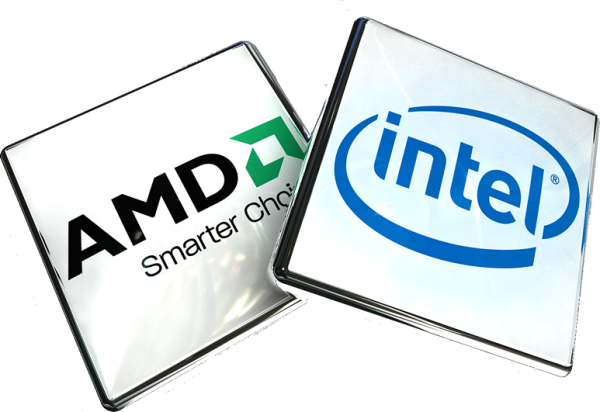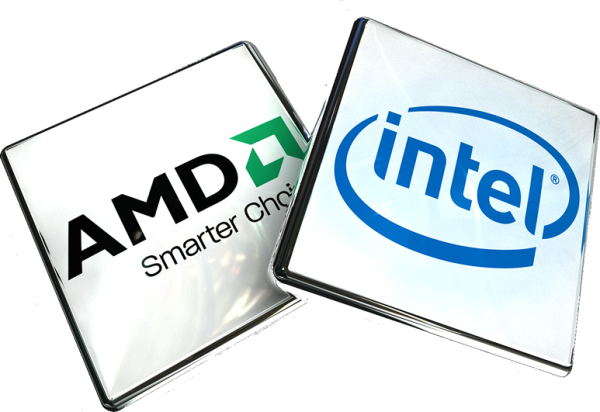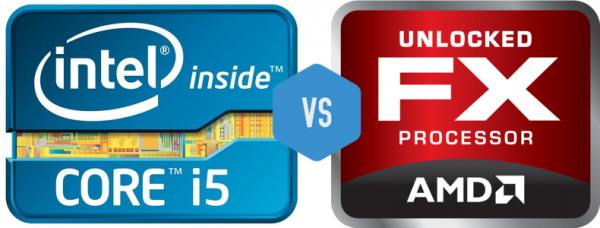CPU manufacturing giant, AMD, has openly accused Intel of using a biased and unreliable benchmarking tool, SYSmark, to describe the performance of Intel’s processors. According to AMD, SYSmark favours Intel processors since the benchmarking software focuses too much on raw performance instead of real-world usage. This alleged software bias is tied to Intel because AMD believes that Intel may have been unfairly collaborating with SYSmark’s developer, BAPCo.
This isn’t the first time AMD has been vocal about foul practices that favour products from other companies rather than its own. A few months ago, when Witcher 3 was released, it was found that Nvidia had Gameworks features embedded in the game that were only exclusive to its graphics cards, which resulted in poor performance from AMD’s graphics cards. In addition to that, back in 2013, AMD had also accused Intel of paying manufacturers to avoid using AMD processors.
AMD in its “Truth or Myth” video featured John Hampton and fellow AMD compatriot, Tony Salinas, explaining how unreliable SYSmark is. In the video, two laptops were tested, one using an Intel Core i5-5200U processor and the other equipped with an AMD FX-8800P processor. When tested using SYSmark, the Intel laptop had a score of 987 while the laptop using an AMD FX processor had a score of 659. Tony Salinas described the difference in scores as “quite astonishing and not realistic in what real life performance is like”.
However, when both laptops were tested using the more commonly used PCMark8, the Intel-based laptop had a score of 4199, while the AMD-based laptop had 3908. The AMD duo went even further by testing both the laptops using a custom-made benchmarking script, which measures the time needed to complete a set of task inside Microsoft Office. It was found that the Intel system completed the task in 61 seconds while the AMD system took 3 seconds longer.
Based on AMD’s findings, the FX processor still could not outperform the Core i5 processor. But, what AMD wants consumers to know is that there isn’t a huge performance gap between both processors as indicated by SYSmark, which brings us to an important point: PCMark8 measures the overall performance of a particular system, while SYSmark measures raw CPU performance. If one were to compare two processors directly, which software would be more suitable? Food for thought.
(Source: Ars Technica)





